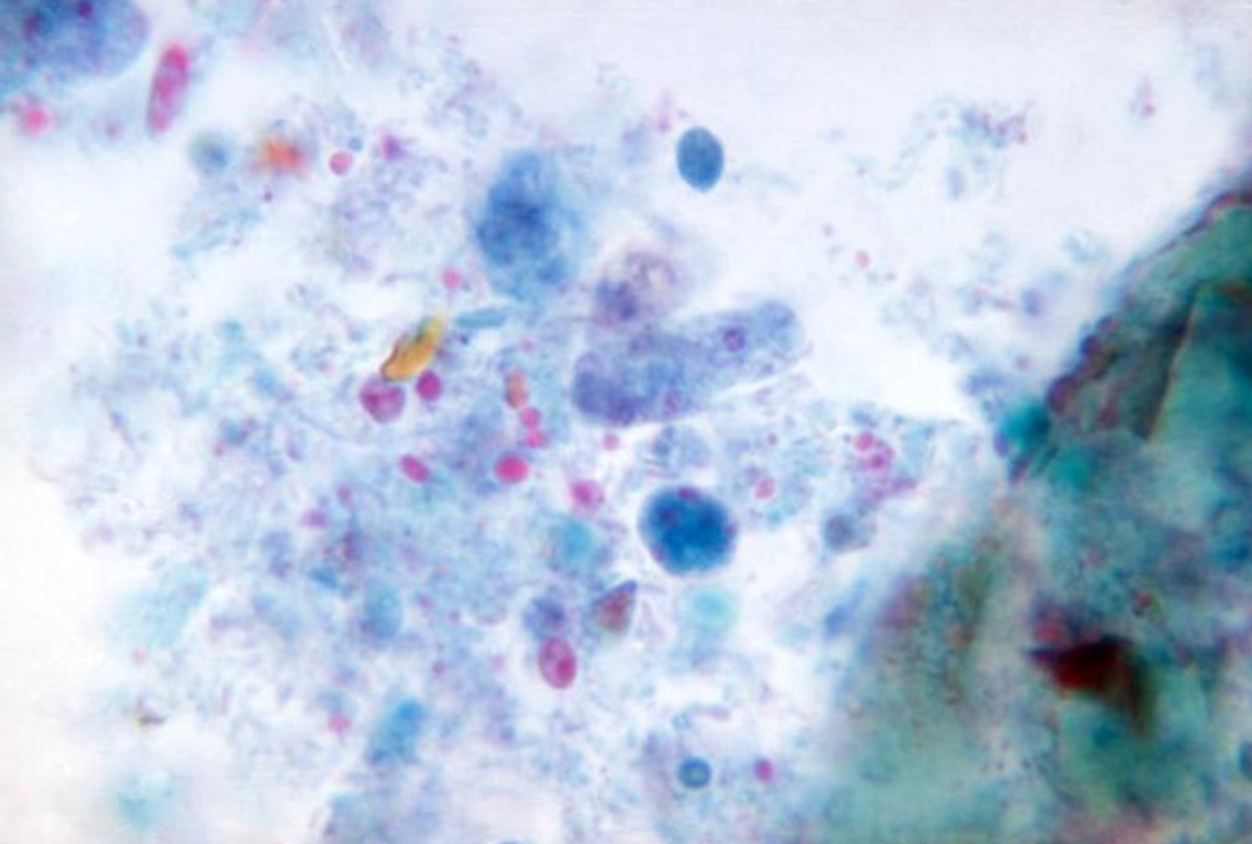Myth Buster: Are Parasite Cleanses Really Necessary?
If you’ve been on social media lately, you’ve probably seen parasite cleanses pop up as the latest cure-all, promising to fix everything from gut issues and fatigue to skin flares and brain fog.
I get it, these posts can be convincing, especially if you’ve been feeling unwell and searching for answers. Just last month, a client came in exhausted and bloated after trying an online parasite detox she'd read about on TikTok. She thought she was doing the right thing, but it left her gut more irritated than before.
Here's the thing. I’ve been reviewing advanced stool and parasitology test results every day for over 17 years; it’s part of what I do, and I can tell you with confidence that true parasite infections in Australia are very rare. Unless you’ve travelled recently, had unsafe water exposure, or have specific immune vulnerabilities. Even in these situations, you should test first to find out what you have.
The issue isn’t whether parasites exist. It’s that detoxing without proper screening can do more harm than good.
Some of the herbal products sold online are surprisingly potent, stronger than some antibiotics, and they can:
Disrupt and change your beneficial gut flora
Trigger detox reactions that overwhelm your system
Inflame the gut lining
Worsen fatigue, anxiety, or skin symptoms
Be risky for people with methylation or liver detox mutations (like MTHFR, GSTM1, CYP1A2)
Without testing, it’s guesswork. And guesswork doesn’t serve your body. Please think twice.
That’s why we recommend a different approach, one grounded in data, not detox trends. With tools like professional stool analysis, parasitology screening, and metabolomic testing, we can look beneath the surface and understand what’s really going on. And if treatment is needed, we make sure it’s the right one, for the right reason, at the right time.
About the Author
Kylie Cloney BHSc (Complementary Medicine) is a Health Scientist and registered Clinical Naturopath. With over 17 years of clinical experience, she supports clients through personalised, science-informed care that blends functional testing, natural medicine, and lifestyle guidance. Kylie is passionate about helping people cut through health misinformation
Disclaimer
This post is for general education only and is not medical advice. Read our full Medical Disclaimer
References
1. Stark D, van Hal S, Marriott D, et al. Clinical significance of enteric protozoa in the immunosuppressed human population. Clin Microbiol Rev. 2022;35(1):e00140-20.
2. Zimmermann M, Zimmermann-Kogadeeva M, Wegmann R, Goodman AL. Mapping antimicrobial effects on gut microbiota. Nature. 2019;577:103–108.
3. James SJ, Melnyk S, Jernigan S, et al. Metabolic biomarkers of increased oxidative stress and impaired methylation capacity in children with autism. Am J Clin Nutr. 2007;86(1):143–153.


